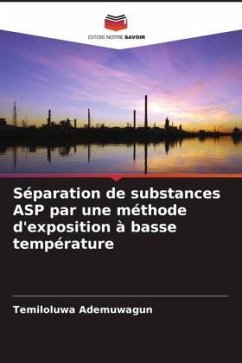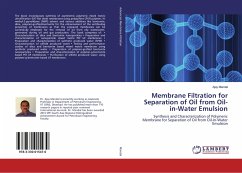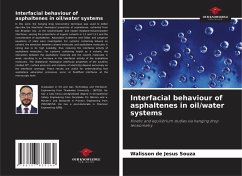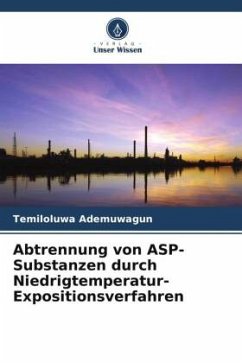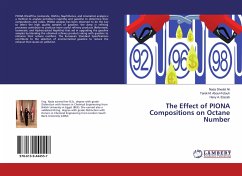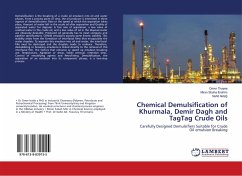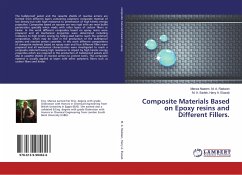
Separation of ASP substances by low-temperature exposure method
Versandkostenfrei!
Versandfertig in 6-10 Tagen
27,99 €
inkl. MwSt.

PAYBACK Punkte
14 °P sammeln!
Oilfield equipment that is used to transport petroleum systems is under particular stress during the movement phase of the reservoir fluid from the well to the oil treatment units (OTU). It is at this stage that high-watered, highly viscous oil-water emulsion is pumped. Besides, viscosity increases not only due to formation of emulsion system, but also due to high content of structure-forming components (asphaltenes, resins and paraffins). Currently known a wide range of methods for solving the above problems. Chemical methods - use of reagents of various functional purpose practically at each...
Oilfield equipment that is used to transport petroleum systems is under particular stress during the movement phase of the reservoir fluid from the well to the oil treatment units (OTU). It is at this stage that high-watered, highly viscous oil-water emulsion is pumped. Besides, viscosity increases not only due to formation of emulsion system, but also due to high content of structure-forming components (asphaltenes, resins and paraffins). Currently known a wide range of methods for solving the above problems. Chemical methods - use of reagents of various functional purpose practically at each stage of pumping and oil preparation, especially at dehydration. Alternative methods are physical methods, which involve introducing a wide range of wave and other influences into field processes, from production to treatment. This book evaluates the effects of low-temperature cold-rod treatment on the performance properties of oils and emulsions. This treatment is expected to affect various physical and chemical properties of oils and emulsions.



